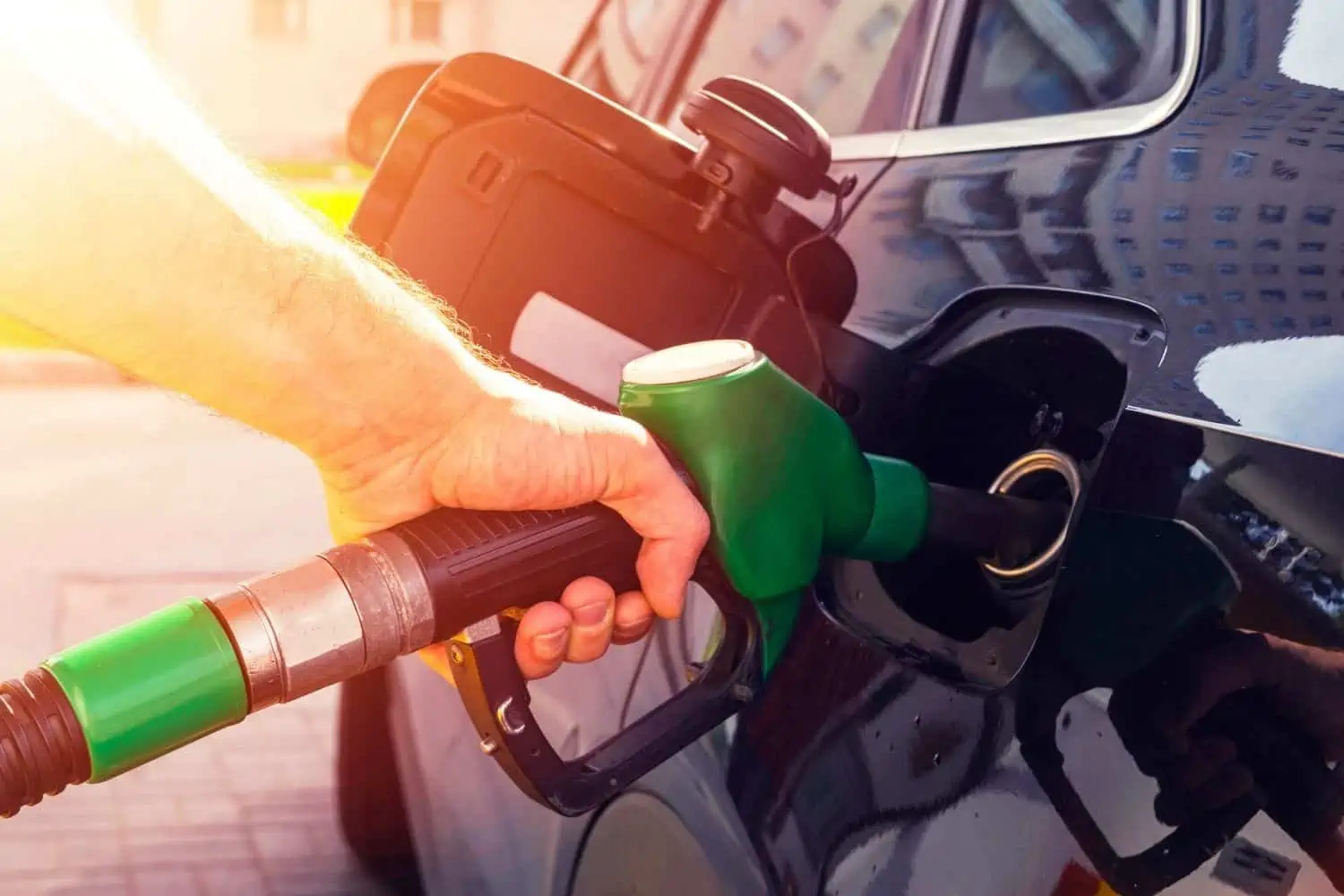According to experts, the government could possibly make adjustments to soften the blow motorists will have to endure come March as petrol price increases are set to kick in.
The slate levy could bring relief to petrol price increase
Investec chief economist, Annabel Bishop, points out that the slate levy could be South Africa’s saving grace. The slate levy is typically used to smooth the fuel price over the course of a month.
“January’s petrol price easing was largely reversed in February, and a further price hike of up to R1.20/litre is currently seen for March, although the government does use the slate levy to absorb sudden fuel price changes as well.
“This particularly occurred in February when the under-recovery was running well above R1.00/litre, and at times closer to R2.00/litre but the government did not pass it through,” she said.
Bishop further predicted that, if the government does decide to lean on the slate levy, petrol price hikes may be closer to 60c per litre in March. And although the under-recovery is much bigger this month, chances are good that the government won’t pass it all through.
March’s petrol prices are not looking good
Last week, the Central Energy Fund shared their mid-month petrol price data, predicting that the price of petrol and diesel are both likely to increase by more than R1.20 per litre. And if current market conditions persist, these increases could realise and push fuel prices to the highest it’s ever been.
The mid-month changes are as follows:
- Petrol 95: increase of R1.26 per litre;
- Petrol 93: increase of R1.25 per litre;
- Diesel 0.05%: increase of R1.32 per litre;
- Diesel 0.005%: increase of R1.34 per litre;
- Illuminating Paraffin: increase R1.26 per litre.
And while the Department of Energy has pointed out that the above predictions do not take potential changes like slate levy adjustments or retail margin changes into account, the Bureau for Economic Research (BER) expects increases of R1.30 per litre.
